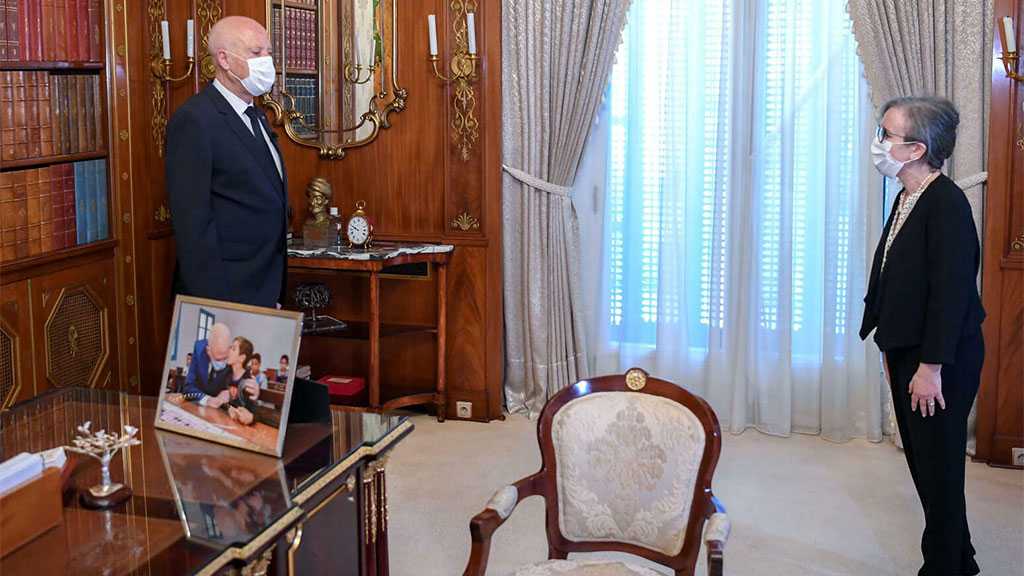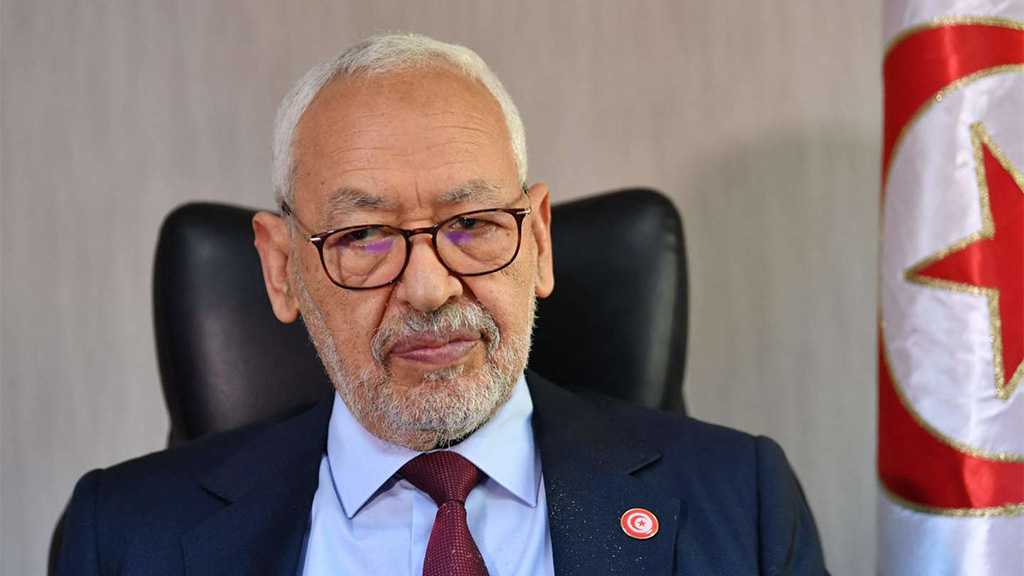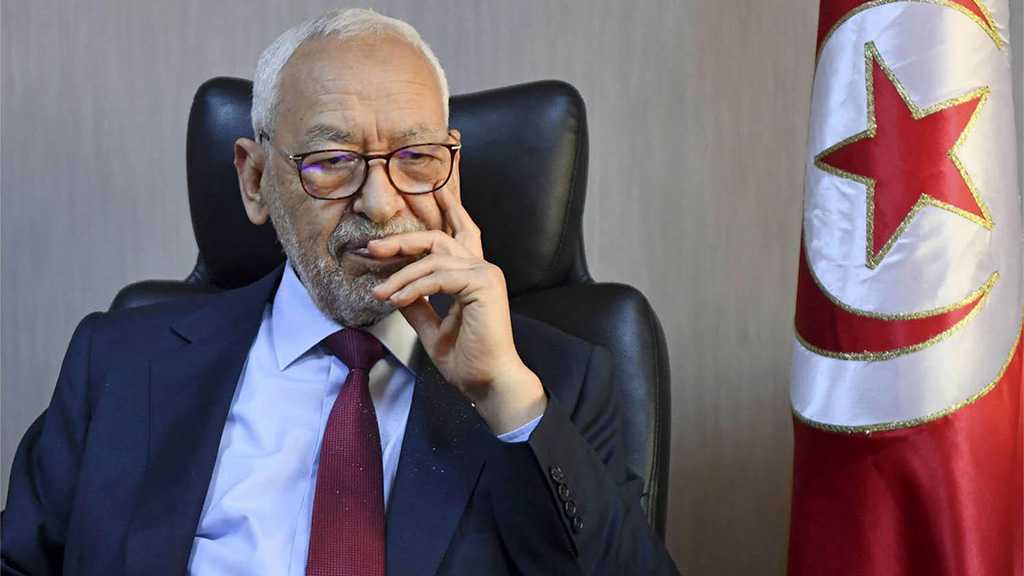
New Tunisian PM-designate Faces Economy Battered by Political Turmoil

By Staff, Agencies
Tunisia's crisis-stricken economy will be a top priority for the new government of prime minister-designate Najla Bouden, after a decade of political instability that has stymied foreign investment.
Heavily in debt, spiraling inflation, and widespread unemployment worsened by the coronavirus pandemic, Tunisia is hoping for a bailout package from the International Monetary Fund.
But talks have been suspended since President Kais Saied on July 25 sacked the government, suspended parliament, and seized a range of executive powers, later moving to rule by decree.
On Wednesday, he charged Bouden, a political unknown with a background in geology, with forming a new administration.
The Tunisian economy has grown by as little as 0.6 percent on average over the past decade, with inflation averaging six percent.
Around a fifth of the country's 12 million population are in poverty or vulnerable, according to World Bank figures, a toll worsened by the Covid-19 pandemic.
Comments
- Related News



